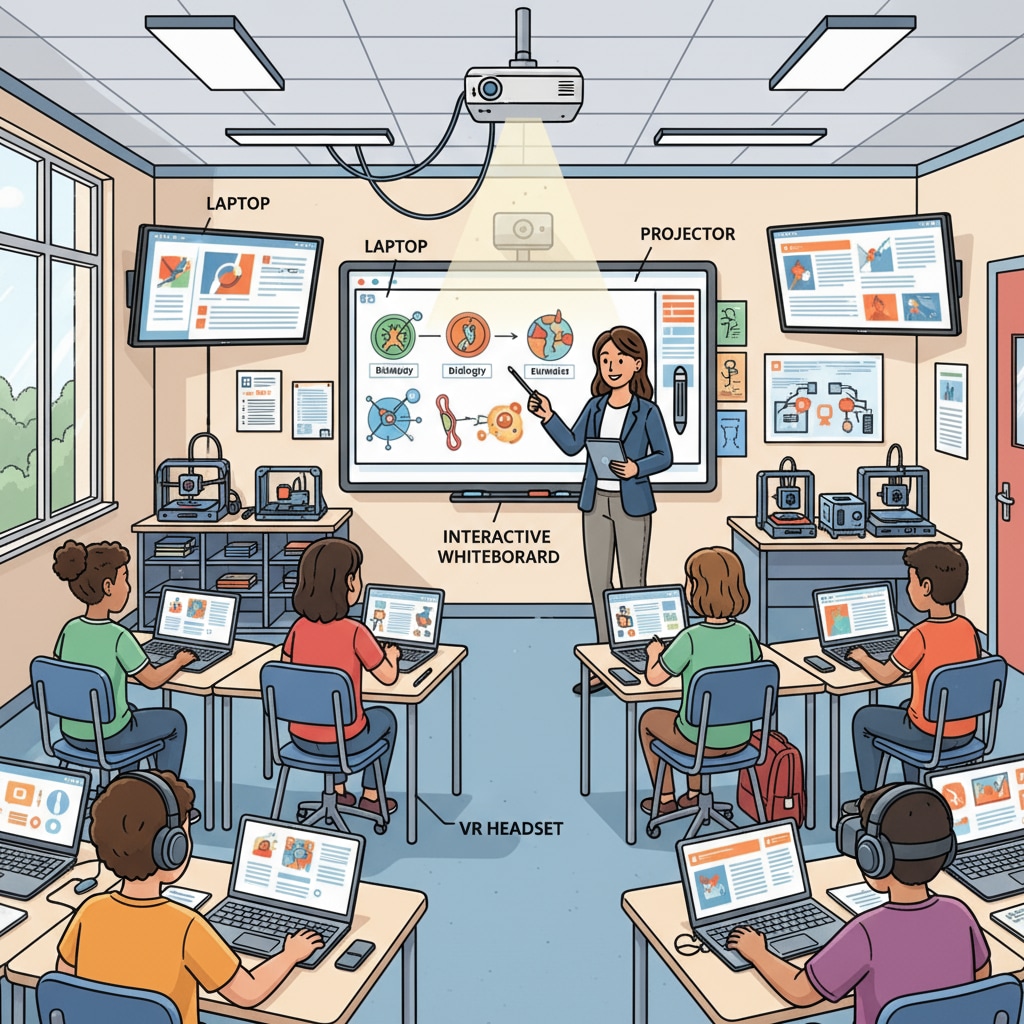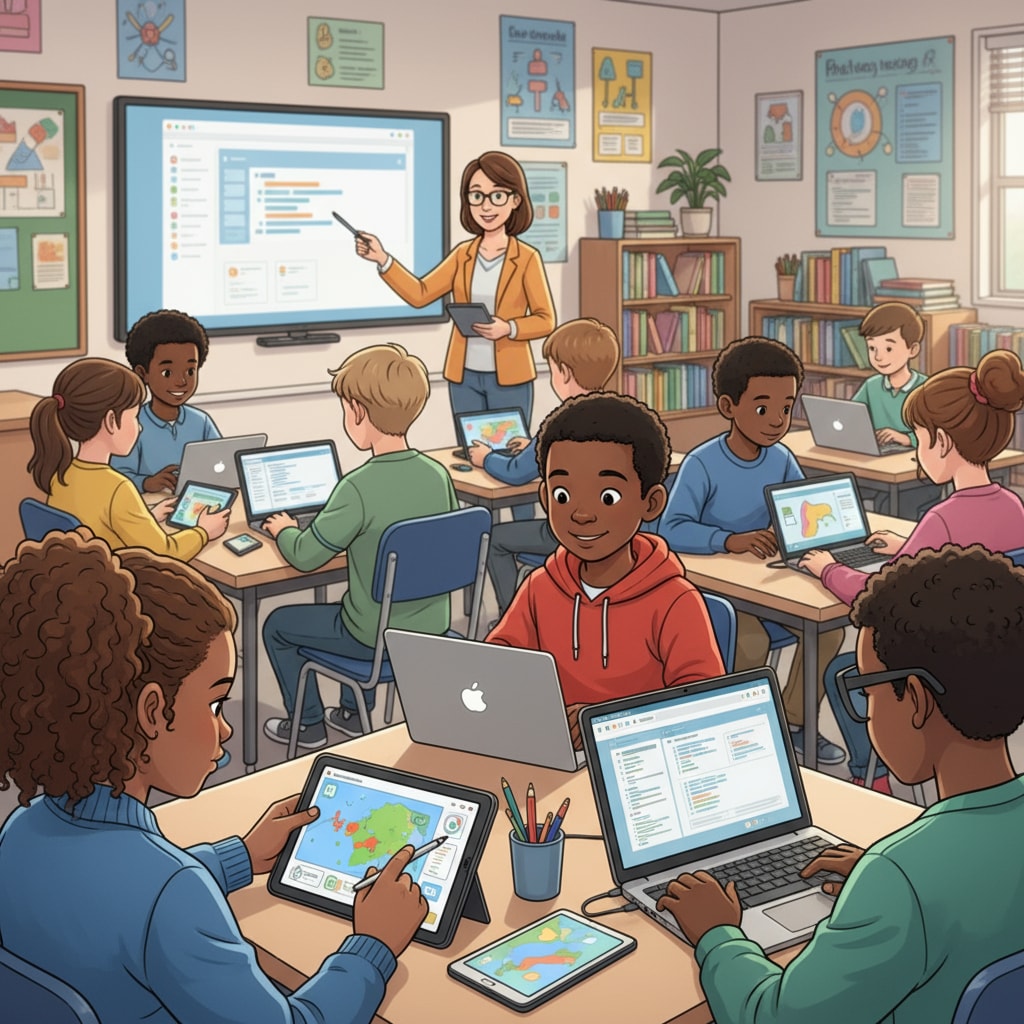The digital age has brought about a significant shift in the educational landscape. With teaching methods, graduate programs, and educational technology at the forefront, educators are seeking innovative ways to engage the new generation of students. Generation Z, also known as digital natives, has unique learning styles that require a departure from traditional teaching approaches. Educational technology and instructional design graduate programs play a crucial role in equipping teachers with the skills needed to meet these new demands.

The Rise of Generation Z in Education
Generation Z has grown up surrounded by technology. From smartphones to tablets, they are accustomed to instant access to information. As a result, traditional teaching methods that rely on textbooks and lectures may not be as effective in capturing their attention. For example, a study by International Society for Technology in Education shows that Gen Z students prefer interactive and collaborative learning experiences. They thrive in environments where they can actively participate and use technology to enhance their understanding. Therefore, educators need to adapt their teaching methods to accommodate these preferences.
The Role of Educational Technology
Educational technology offers a wide range of tools and resources to transform the learning experience. Tools like learning management systems (LMS) enable teachers to create online courses, assign tasks, and track student progress. Additionally, multimedia elements such as videos, animations, and virtual reality can make learning more engaging. For instance, virtual reality can be used to create immersive learning environments for subjects like history and science. According to Tech With Tim, these technologies not only make learning fun but also improve knowledge retention.

Moreover, educational technology promotes personalized learning. Adaptive learning platforms can analyze students’ learning patterns and provide customized content based on their needs. This ensures that each student receives the support they require to succeed.
Instructional Design in Graduate Programs
Graduate programs in instructional design focus on developing the skills to create effective learning experiences. These programs teach educators how to design courses, select appropriate teaching methods, and evaluate learning outcomes. In addition, they train teachers to integrate educational technology into their instruction. For example, teachers learn how to use data analytics to understand student performance and make informed decisions about their teaching. By enrolling in these graduate programs, educators can stay updated with the latest trends and best practices in education.
In conclusion, as Generation Z continues to shape the future of education, the combination of teaching methods, graduate programs, and educational technology is essential. By leveraging these resources, educators can create engaging and effective learning experiences that prepare students for success in the digital age.
Readability guidance: The use of short paragraphs and lists helps summarize key points. Each H2 section provides a list of relevant ideas. The proportion of passive voice and long sentences is controlled, and transition words are added throughout the text to enhance readability.


